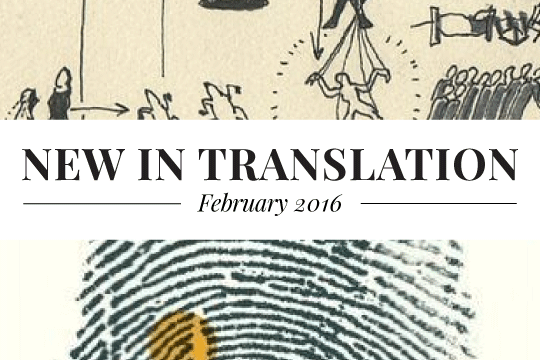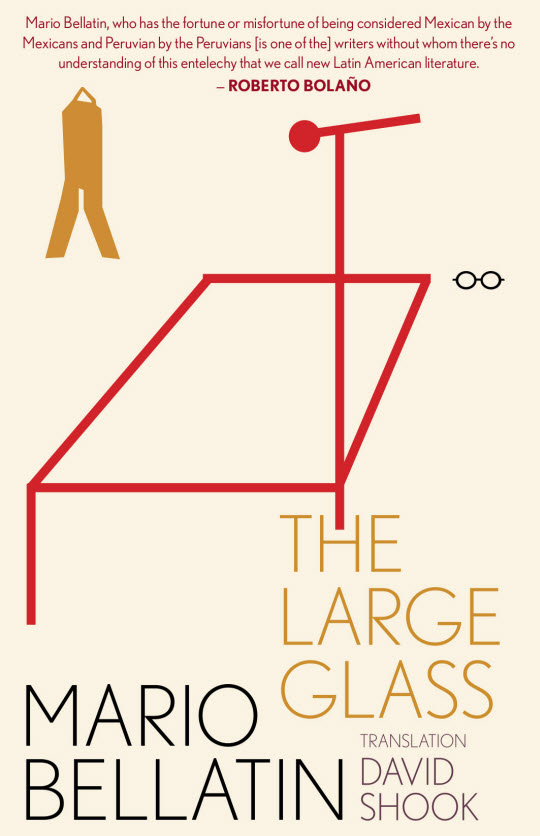Henry Kissinger had a flabby mouth he was fond of using to make droll comments, like calling power the ultimate aphrodisiac, an aphorism he repeated so many times people started to believe it, encouraged by his own tendency to pose for the paparazzi at dinners and cocktail parties with a platinum-blond socialite or an aspiring starlet on his arm. Looking at those photos now, you see a square tuxedo with a man stuffed into it. A bulging face, no neck to speak of, tiny eyes behind enormous glasses, classic wavy hair. And a Barbarella babe next to him in a delirious dress, her teeth bared by a smile so strained it looks like she’s putting her face through an aerobics workout.
‘Power is the ultimate aphrodisiac.’ He was referring to those women, but didn’t think his theory through enough to realise it applied to him too. In the run-up to the presidential election of 1968 he’d called Richard Nixon ‘unfit to be president’, but when President Nixon called him three weeks after winning to make him National Security Advisor, he didn’t hesitate for a moment. He too felt his knees quiver and his heart pound when faced with the true power of the White House.
‘Will you be my National Security Advisor?’
‘Oh, I will, Richard. Yes, I will.’



